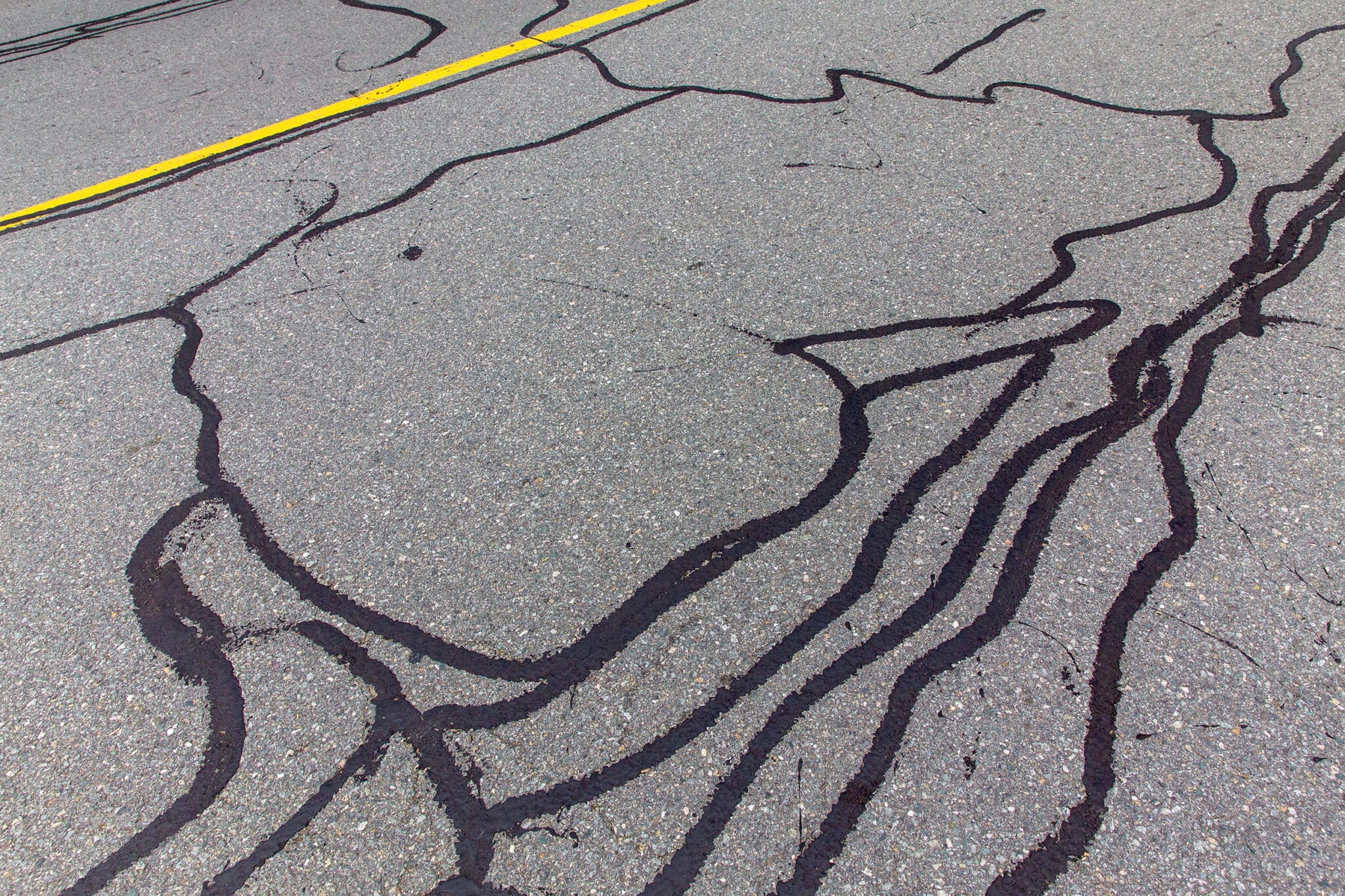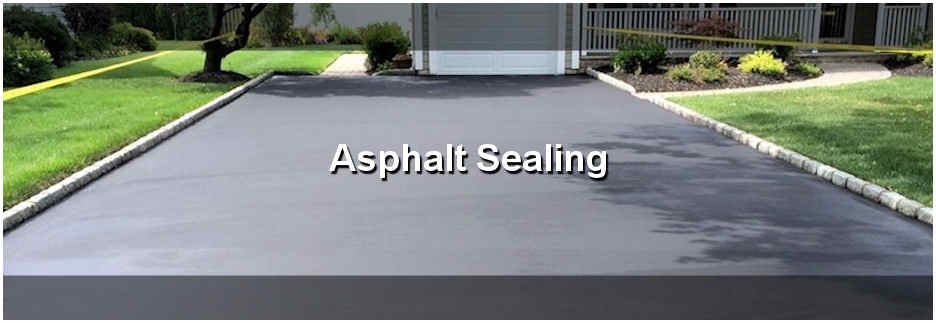Protect Surface Areas with Expert Asphalt Sealing: Cold Mix Basics
Protect Surface Areas with Expert Asphalt Sealing: Cold Mix Basics
Blog Article
Cold Mix Asphalt Vs. Hot Mix Asphalt: Which Is Right for You?

Make-up Differences
Cold mix asphalt is created by emulsifying the asphalt binder with water and an emulsifying representative prior to blending it with aggregate. The hot mix asphalt production process entails heating the aggregate and asphalt binder separately prior to combining them at the asphalt plant.
In addition, cold mix asphalt has a tendency to be less dense and a lot more adaptable than warm mix asphalt. This adaptability makes it much better suited for areas with greater levels of motion, such as driveways or roadways with heavy website traffic. In comparison, warm mix asphalt is understood for its high toughness and resistance to rutting and cracking, making it a preferred selection for highways and high-traffic roadways where long life is vital.
Installation Process Variances
The procedure of setting up cool mix and warm mix asphalt shows noteworthy differences in their needs and treatments. Cold mix asphalt, being a much more versatile product, can be used directly from the bag or container onto the pothole or damaged location. It calls for minimal preparation work, such as cleaning up the area and condensing the cold mix with hand devices. This makes it a convenient option for momentary and quick solutions. In comparison, hot mix asphalt requires a much more elaborate setup process. It entails heating the mix to heats before laying it down on a correctly ready base. The preparation consists of compacting the base, applying a tack coat, and using heavy equipment like pavers and compactors for a long lasting and smooth finish. Due to the heating demands, hot mix asphalt installments are commonly carried out by specialists with customized devices, making sure an extra structurally sound and irreversible result.
Sturdiness and Long Life Variables
When taking into consideration asphalt choices, sturdiness and long life are vital factors to evaluate for long-term pavement performance. Hot mix asphalt (HMA) is recognized for its remarkable durability and long life.
In terms of longevity, HMA commonly outmatches CMA due to its superior toughness and resistance buildings. HMA sidewalks have a longer life span, needing much less constant repairs and maintenance, which can translate to set you back financial savings over time. Additionally, HMA sidewalks are much more quickly customizable to meet particular task needs, further boosting find more their toughness.
Price Considerations
Taking into consideration the monetary ramifications is a critical facet when reviewing the option in between hot mix asphalt (HMA) and cold mix asphalt (CMA) for sidewalk tasks. While the first expense of hot mix asphalt is usually greater than that of cool mix asphalt, HMA usually supplies a much more cost-effective remedy in the lengthy run due to its exceptional resilience and longevity.
In enhancement to product prices, it's vital to think about the expenses linked with installment and maintenance when contrasting HMA and CMA. HMA normally needs customized devices and experienced labor for proper installation, which can impact general task costs. Alternatively, CMA is easier to deal with and can typically be used making use of simpler techniques, possibly reducing installment expenses. Eventually, the choice in between HMA and CMA ought to take into account not simply the first expense but likewise the lasting financial ramifications to identify the most cost-efficient choice for the particular sidewalk project.
Environmental Influence Contrast
Contrast of the environmental effects between warm mix asphalt (HMA) and cold mix asphalt (CMA) exposes distinct distinctions in sustainability methods. HMA production calls for high temperature levels, leading to boosted power intake and greenhouse gas emissions. The procedure additionally launches unstable natural substances (VOCs) and harmful air pollutants (HAPs) right into the atmosphere. On the other hand, CMA is produced and applied find out this here at reduced temperatures, decreasing power usage and emissions dramatically. The reduced manufacturing temperature levels of CMA cause lowered fuel intake and reduced degrees of CO2 emissions, making it a more eco-friendly alternative.
Furthermore, making use of CMA commonly entails recycling existing asphalt sidewalk, advertising resource conservation and reducing the amount of waste sent to landfills. This reusing aspect better improves the sustainability of CMA contrasted to HMA. Overall, when considering the environmental impact, CMA emerges as an extra eco read the full info here sustainable option due to its reduced power demands, reduced exhausts, and the possibility for recycling existing materials. By going with CMA over HMA, roadway building tasks can contribute favorably to environmental conservation initiatives.
Conclusion
In conclusion, the selection in between cool mix asphalt (CMA) and hot mix asphalt (HMA) depends on various factors such as structure, setup procedure, resilience, longevity, price, and environmental influence. asphalt repair. While CMA provides a cost-effective and fast service for small fixings, HMA ensures superior sturdiness and longevity for heavy web traffic areas. Take into consideration these elements meticulously to determine which sort of asphalt is the appropriate option for your paving requires

Thinking about the financial implications is a vital aspect when assessing the choice between hot mix asphalt (HMA) and cold mix asphalt (CMA) for pavement jobs. While the preliminary price of hot mix asphalt is usually greater than that of cold mix asphalt, HMA often provides a more cost-effective remedy in the lengthy run due to its remarkable toughness and long life. angle parking.Comparison of the ecological effects between hot mix asphalt (HMA) and cold mix asphalt (CMA) reveals unique differences in sustainability techniques.In conclusion, the selection between cold mix asphalt (CMA) and warm mix asphalt (HMA) depends on numerous elements such as structure, setup process, resilience, durability, price, and environmental influence
Report this page